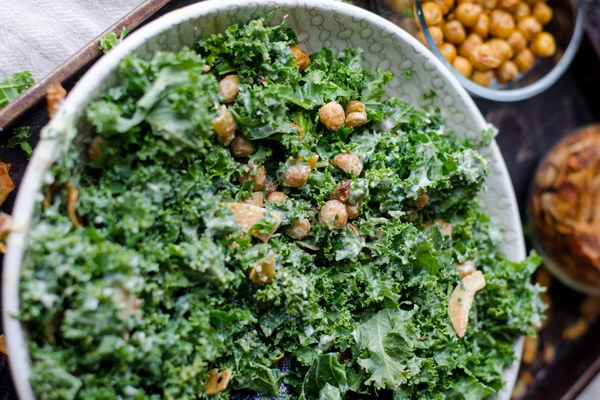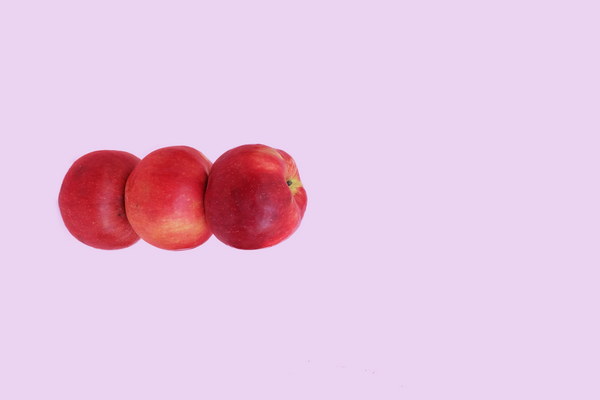Folic Acid A Natural Remedy for Liver Health
In the quest for maintaining optimal liver health, many individuals are turning to natural remedies rather than relying on conventional medications. One such natural substance that has gained considerable attention for its potential liver-protective properties is folic acid, also known as vitamin B9. This article delves into the benefits of folic acid for liver health, exploring how it can help safeguard this vital organ against various liver conditions.
Understanding Folic Acid and Liver Health
Folic acid is a water-soluble B vitamin that plays a crucial role in DNA synthesis, cell division, and the formation of red blood cells. Its significance in liver health stems from its ability to support liver function and prevent liver damage. When the liver is healthy, it can efficiently metabolize and eliminate harmful substances from the body, thus reducing the risk of liver disease.
How Folic Acid Protects the Liver
1. Reducing Homocysteine Levels: Elevated levels of homocysteine, an amino acid, have been linked to liver damage and an increased risk of liver disease. Folic acid helps lower homocysteine levels, thereby reducing the risk of liver damage.
2. Preventing Liver Cancer: Studies have shown that folic acid supplementation can help prevent liver cancer, particularly in individuals with a history of hepatitis or liver cirrhosis. It does so by reducing the risk of DNA mutations that can lead to cancerous cells.
3. Supporting Liver Function: Folic acid plays a crucial role in the metabolism of fats, proteins, and carbohydrates. By supporting these processes, it helps maintain healthy liver function and reduces the risk of liver disease.
4. Alleviating Liver Disease Symptoms: For individuals already suffering from liver diseases like hepatitis or cirrhosis, folic acid can help alleviate symptoms and improve liver function. It does this by reducing inflammation and promoting liver regeneration.
Folic Acid as a Natural Remedy

The liver is a highly resilient organ, capable of regenerating and repairing itself to some extent. However, when it is exposed to chronic inflammation, infection, or other damaging factors, its ability to heal may be compromised. This is where folic acid can act as a natural remedy for liver health.
1. Natural Antioxidant: Folic acid possesses antioxidant properties that help combat oxidative stress, which can lead to liver damage. By neutralizing harmful free radicals, it helps protect the liver cells from damage.
2. Non-Invasive: Unlike many conventional liver treatments, folic acid is a non-invasive and well-tolerated natural remedy. It can be easily incorporated into one's diet or taken as a supplement without causing adverse side effects.
3. Cost-Effective: Folic acid is relatively inexpensive and widely available, making it an affordable option for individuals looking to improve their liver health.
Incorporating Folic Acid into Your Diet
To reap the liver-protective benefits of folic acid, it is important to incorporate it into your diet. Good sources of folic acid include:
- Leafy green vegetables (spinach, kale, and romaine lettuce)
- Fortified cereals
- Legumes (lentils, chickpeas, and black-eyed peas)
- Oranges and orange juice
- Beef liver
If you are unable to obtain adequate folic acid from your diet, consider taking a folic acid supplement. However, it is essential to consult with a healthcare professional before starting any new supplement regimen.
In conclusion, folic acid is a promising natural remedy for liver health. Its ability to reduce homocysteine levels, prevent liver cancer, support liver function, and alleviate liver disease symptoms makes it a valuable addition to any liver health regimen. By incorporating folic acid-rich foods into your diet or taking a supplement, you can take a proactive approach to safeguarding your liver's health.









